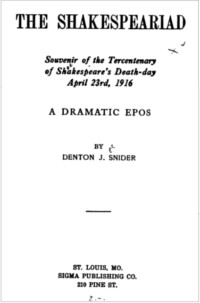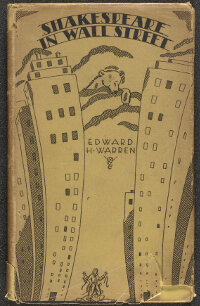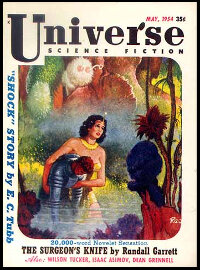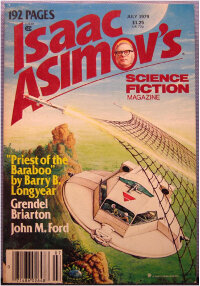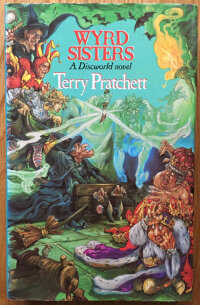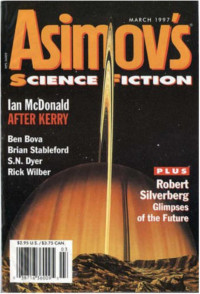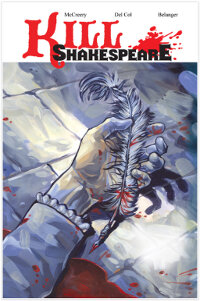Souvenir of the Tercentary of Shakespeare’s Death Day, April 23rd, 1916
Denton J. Snider
St. Louis: Sigma Publishing, 1916
This sprawling, surreal verse novel (400+ pp.) seems to be modeled in part on Spenser’s allegorical Faerie Queene, as well as the symbolic geography of Dante’s Divine Comedy. Characters from a myriad of Shakespeare’s plays mix and mingle with each other, as well as Shakespeare himself, Pandora, and more mysterious figures such as the Psychagogue and the Scholarch, in places such as “the ghost-haunted Palace of Hamlet” and “the spirit-thronged Temple of Prospero.” Shakespeare himself first appears in propria persona about half-way through the epic, when he turns up as a tourist in Venice, lovesick for “the Dark Lady.” Visiting Venice repeatedly, Shakespeare sets in motion a translatio imperii of “poesy’s world-empire” from Venice to England to America. His “peopled creation” will give way to a “higher efflorescence,” a “limitless future,” in the “coming Seculum” of America, which he compares to Atlantis. The “Magic City” of “Shakespearopolis,” marred by racial bigotry and the subjugation of women, will give way to “Prosperopolis,” the city founded by Prospero, the first American.–PG
